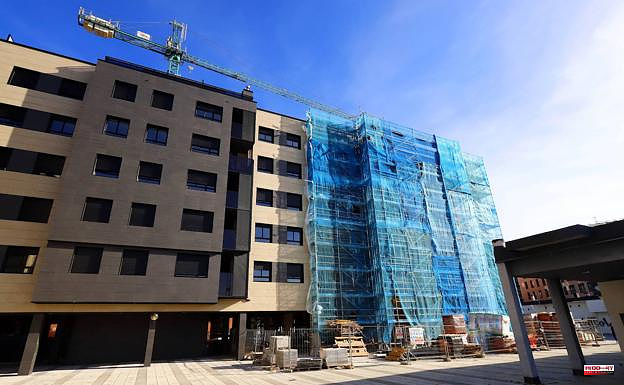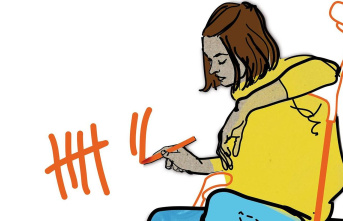As rising interest rates are being warned about, the real estate market is heating. While we wait for the European Central Bank to raise the official money price in July, mortgage operations are rising precisely to avoid a rise of the Euribor. This has returned to positive after six years below 0 %.
Buyers desire to pay less interest so the mortgage company has increased 18% in March to add 43,378 loans. According to the INE, this is the highest monthly figure since February 2011, when Spain was experiencing the economic crisis following the 2008 real estate bubble. The March advance, which is more than three times the February increase, means that the home mortgage company has had 13 consecutive months of year-on-year growth.
The mortgage signature and the amount of the mortgages are both indicators of the market's fear. This data shows how real estate's value is increasing despite doubts arising from the recent crisis in Ukraine. The average amount of mortgages on homes rose 6.5% in the third month of this year to 145,715 euro. Meanwhile, the average amount borrowed capital increased by 25.6% to 6,320.8 million euros. This is the highest figure since February 2020 just before the coronavirus was announced.
All analyses indicate that mortgage signings are increasing due to higher interest rates. The average interest rate on all home mortgage loans was 2.5% in March, with an average term 25 years. It was at 2.477% a year ago.
Predictably, the Euribor will close May at 0.266% as opposed to 0% when it closed April. The interbank indicator has risen by almost one point in just three months to -0.5% at 2021's end. The outlook remains bullish, with the indicator trading at 0.35% on Thursday. This is despite the fact that it will trade higher in the coming months.
A variable rate mortgage is becoming less popular due to the fear of rising Euribor rates. This mode of financing was used by 27.3%, or 27%, of all loans. Rates will change over time, so periodic revisions may be required (annually or semi-annually). The average rate is 2.15 %. The remaining 73% have a fixed rate and maximum monthly registration. This means that the interest will remain the same throughout the life of your mortgage. This modality is already paying a rate of 2.68%.
The Euribor, in any case, is the rate to the which variable-rate mortgages referred before and after the change (65.8%), and (42.4%).
However, last March saw 16,991 mortgages change their conditions. This is 39.9% less than the number of 2021. With an annual decrease in 41.4%, 13,934 novations or modifications were made with the same financial institution.
In March 2021, there were 2,451 operations that altered entities (subrogations of the creditor), which was 30.7% more than March 2021. Subrogations to debtor were 36.5% lower than in the previous year for 606 mortgages.
There are 16,991 mortgages that have had their conditions changed. 24.4% of these changes were due to changes in interest rate. The percentage of fixed-interest mortgages rose from 22.9% up to 48.4% after the changes in conditions. Variable interest mortgages fell from 75.8% down to 48.9%.
Andalusia (8.966), Catalonia (7.545) and Madrid (7.308) were the autonomous communities that had the highest numbers of mortgages on homes in March 2022. The regions where the greatest amount of capital was lent to mortgages on homes included Madrid (1,604.5 millions euros), Catalonia (1.245.8 million), and Andalusia (1.097.4million).
All communities had more mortgages for homes in March than the same month in 2021 except Galicia where they dropped by 3.9%. The largest increases were in La Rioja (55.2%) and Aragon (51.4%). Canarias (37.6%), Baleares (36.7%) and Baleares (36.6%). Meanwhile, the moderatest numbers were in Comunidad Valenciana (2.6% and Asturias (3).












